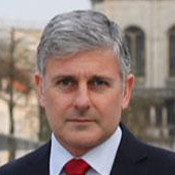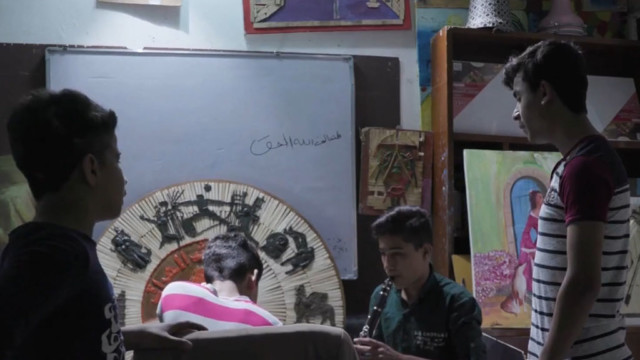Hundreds of thousands have been killed since the Iraq War began in 2003. Millions more have fled or been displaced.
CGTN’s Jack Barton reports that, 15-years after the invasion, Iraq’s physical – and mental – scars remain deep.
In Iraq, the guns are now largely silent.
But the war is far from over for many, including an estimated two million Iraqis displaced within their own country.
Farooq Abu Rayan and his wife, Amira, are from Hamdaniya near the former ISIL stronghold of Mosul.
“We used to have a car and a house and shops,” Amira said. “I used to go to my job at the Hamdaniya hospital. My son worked, my husband worked, we didn’t have any troubles.”
That all changed with a midnight call from a cousin alerting them that ISIL was close.
“We got some gold pieces and fled directly to Turkey,” Farooq explained. “We inquired at the United Nation office but we never had luck there, so we came back and, from then until now, we remain here.”
Seventy-eight year old Fatlhallah Hadda Hazu’s leg was amputated in the camp as a result of diabetes. He is alone, with only memories of the horrors left behind.
“I saw a man who was just walking in the street and they just killed him. We saw this several times, so I thought that someday soon I would be dead too, so I chose to flee,” he said.
There are more than 500 people in the camp, one of many across Iraq. It is estimated that about six million people have been displaced by ISIL’s reign of terror.
Those in the camp survived ISIL and the bloodshed of the past 15 years, but many children in the camp were orphaned by the conflict.
Saif Salih Husham’s mother and father were killed by a roadside bomb while travelling with him to Baghdad.
Ali Hazim’s parents were murdered by extremists in Anbar province, which became a hotbed of insurgency after the 2003 invasion.
He made his own way to the orphanage, House of Creativity, where he and others are fed, sheltered and taught a trade. Most importantly they are safe.
“Not everybody can have a place like this,” said Ali. “From this place a kid can become anything, a painter, and artist or a musician. And as well he will acquire forty brothers instead of just one.”
For those children and the displaced in the camps, the legacy of the past 15 years of conflict is something they must still live with every day.
 CGTN America
CGTN America

